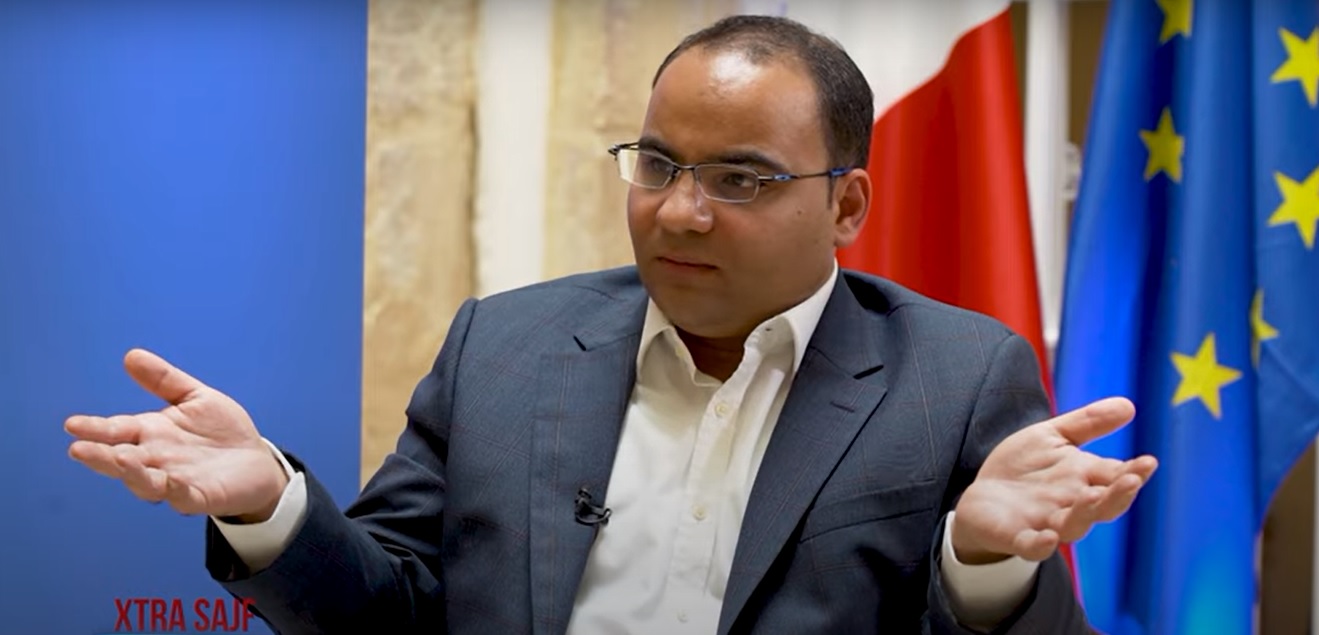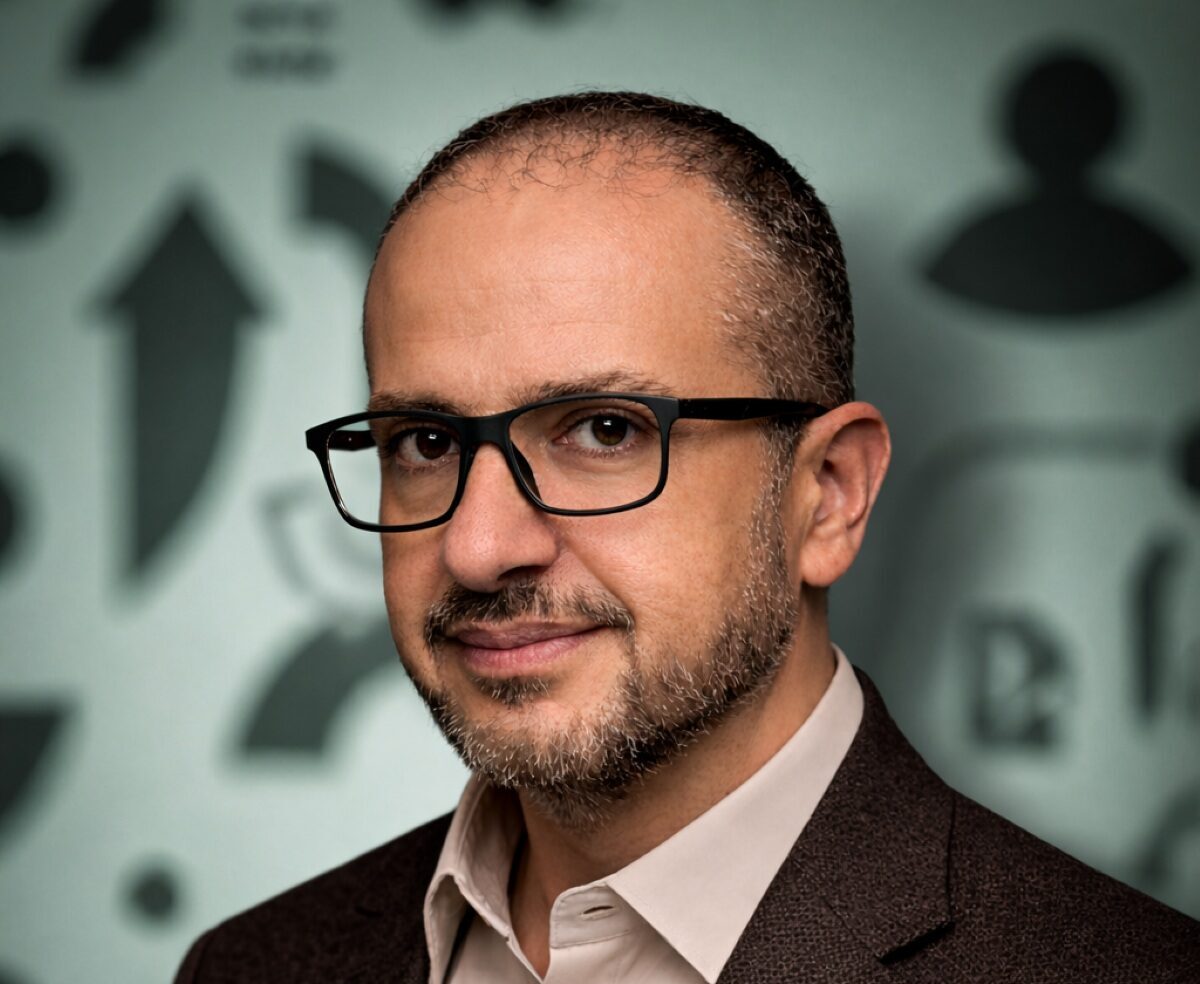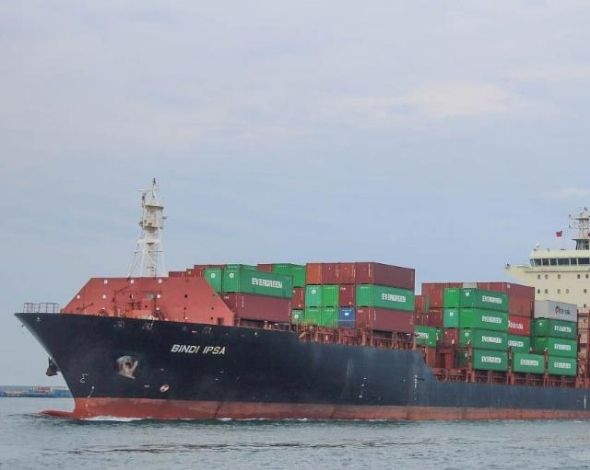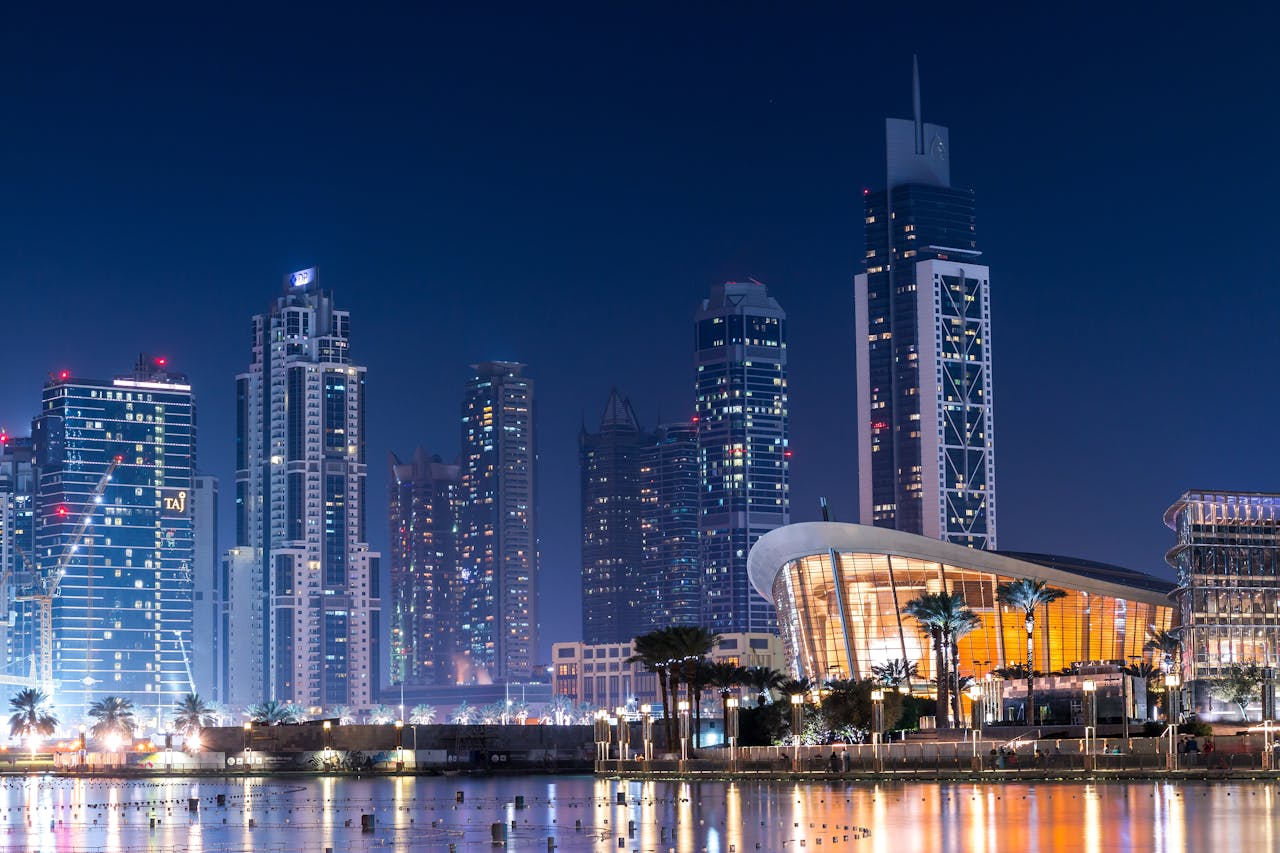Finance and Employment Minister Clyde Caruana has doubled down on the view that the model that has contributed to Malta’s economic growth over the last decade will need to see major revisions over the coming years, following the publication of a major interview with a powerful lobbyist who argued that Malta “can take even more foreign workers and, quite frankly, needs them.”
Malta Developers Association president Michael Stivala told Times of Malta that Malta “needs more foreign workers to fill jobs needed to run the economy and to generate enough tax revenue to sustain pensions in the long run.”
His comments seem to run directly counter to the vision laid out by Minister Caruana over the last months, most strikingly during the launch of a national skills survey in October 2022.
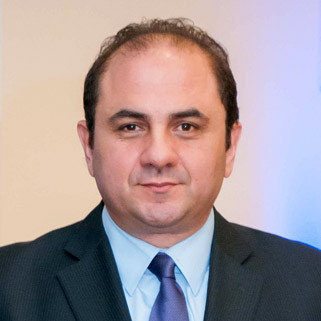
In that speech, the Minister, who was the main author and self-described “cheerleader” of the idea of increasing Malta’s human resources to expand productive capacity, admitted that “the old recipe cannot be applied if we are to have a better economy”.
“What people expect now is not just growth, but an improvement in the economy. Not just money in their pockets, but also quality of life,” he said.
In his interview, Mr Stivala, who counts former Prime Minister Joseph Muscat among his consultants, pushed back against the Finance Minister’s new vision.
“More development and investment is needed,” he said, “and the country must welcome more tourists and import even more foreign workers, given that there is a long-term vision and a sustainable upgrade of the island’s infrastructure.”
Asked for his take on Mr Stivala’s comments, Minister Caruana said: “I reiterate what I said for a number of times – we need to do changes to our economic model.”
Apart from encouraging an increase in the population as a way to drive economic growth, another point of contention in the discussion about Malta’s economic future is the accommodation sector.
A study commissioned by the Malta Hotels and Restaurants Association and conducted by audit firm Deloitte, released last year, revealed that Malta would need to attract close to five million tourists a year for the many large hotel developments coming to market to be financially viable.
This raised a flurry of media activity, as a Maltese population tired of overcrowding and incessant traffic jams reacted negatively to the report.
Various Government officials were forced to speak out, with Tourism Minister Clayton Bartolo saying that Malta “definitely cannot take five million tourists”.
Minister Caruana, meanwhile, stated: “We cannot continue building hotels that cannot be filled.”
Over the weekend, Mr Stivala made his disagreement clear: “The islands can and must also welcome more tourists,” he said.
“The country can welcome five million tourists every year and possibly even more, but the Government needs to invest heavily in better transport and infrastructure.”
“The problem is not that we have too many people, but that we have no clear plan. We think we cannot take more people because there are too many cars on the road, inadequate infrastructure and inefficient public transport.
“Fixing those with a long-term vision will enable us to attract more high-quality tourists and workers. But we can’t expect a hotelier to develop a high-end hotel to attract higher quality tourism when the pavement and the street outside the hotel are broken.”
The Remarkable Collective welcomes Joseph Bonanno
Strengthening strategy and compliance with seasoned leadership
Malta-flagged ship hit by missile in Strait of Hormuz en route to Saudi Arabia
The Safeen Prestige was hit by a missile off the coast of Oman
Dubai airport’s 48-hour shutdown could have cost up to $1 million per minute
The airport is one of the world’s busiest aviation hubs


